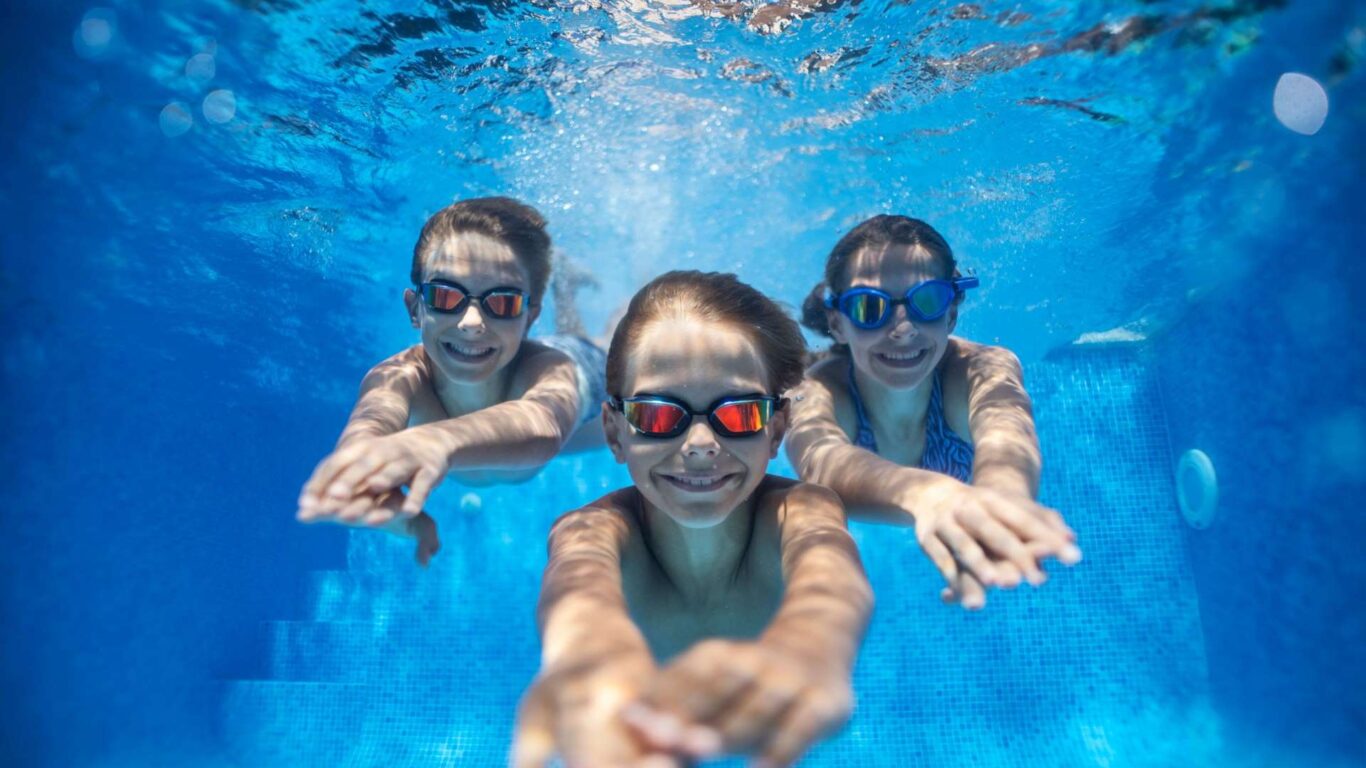Swimming is an excellent full-body workout that combines cardiovascular exercise with muscle strengthening. Whether you are at the beach, in a pool, or participating in competitive swimming, the advantages are plentiful. However, some swimmers may experience health issues after leaving the water, ranging from colds to digestive problems or skin infections. Fortunately, there are measures you can take to reduce these risks and maintain your health after swimming. Here are some important tips to help you avoid illness post-swim.
1. Ensure Proper Drying and Warmth
A crucial yet often neglected tip is to dry off completely after swimming, particularly if you have been in cold water. Remaining in wet clothing can lower your body temperature, which may weaken your immune system and increase the likelihood of illness.
Advice: After swimming, use a towel to thoroughly dry your body, paying special attention to your hair, armpits, and other areas where moisture tends to accumulate. If you have been in cold water or are in a chilly environment, promptly change into dry, warm clothing.
Additional Tip: When swimming outdoors in cold conditions, wearing a windbreaker or sweatshirt can help prevent you from getting cold. Exposure to low temperatures can diminish your body’s defenses against germs, raising the risk of catching a chill.
2. Shower Before and After Swimming
Swimmers frequently encounter various bacteria, chlorine, and other chemicals in pools. Showering both before and after swimming can help lower the risk of infections, skin irritations, and digestive issues.
Before swimming: A quick rinse before entering the pool helps eliminate sweat, lotions, or deodorants that may react with chlorine or other pool chemicals. This practice not only protects your skin but also contributes to keeping the pool cleaner.
After swimming: Taking a shower with soap afterward is essential for removing chlorine, saltwater, and bacteria from your skin. Chlorine, in particular, can lead to skin dryness and irritation.
3. Safeguard Your Ears
Swimmer’s ear, medically known as otitis externa, is a prevalent condition that arises when water becomes trapped in the ear canal, potentially leading to bacterial or fungal infections. It is crucial to safeguard your ears while swimming, particularly if you have a history of ear infections.
Advice: Consider using swimmer-specific earplugs or donning a swim cap that covers your ears. This will help prevent water from entering the ear canal, thereby lowering the likelihood of infections.
Dry your ears: After swimming, tilt your head to each side to allow any trapped water to escape. You may also gently use a towel or a hairdryer set to low heat to dry your ears.
4. Refrain from Swallowing Pool Water
While it may be tempting to swallow water while swimming, it is vital to avoid ingesting pool water, particularly in public swimming areas. Pool water can harbor bacteria, viruses, and chemicals that may lead to gastrointestinal issues or infections.
Advice: If you inadvertently swallow some water, ensure you stay hydrated afterward. Drink clean, fresh water to help eliminate any potential contaminants from your system.
In natural water bodies such as lakes, rivers, and oceans, steer clear of swimming in areas that appear murky or have visible algae blooms, as these can contain harmful bacteria or parasites.
5. Maintain Hydration
Although swimming is an excellent form of exercise, it is still possible to become dehydrated. Even though you may not notice it, sweating and exerting yourself in the water results in fluid loss.
Advice: Consume ample water before, during, and after your swim. It is essential to replenish your body’s fluids, especially if you are swimming for an extended duration.
Hydration: If you are swimming in saltwater, such as the ocean, be aware that the salt can exacerbate dehydration, making it even more critical to drink water regularly.
6. Utilize Appropriate Swimming Equipment
Wearing suitable swimming equipment can shield you from irritants and enhance your comfort while swimming. Whether in a chlorinated pool or the ocean, the right gear can help mitigate risks.

Tinggalkan Balasan